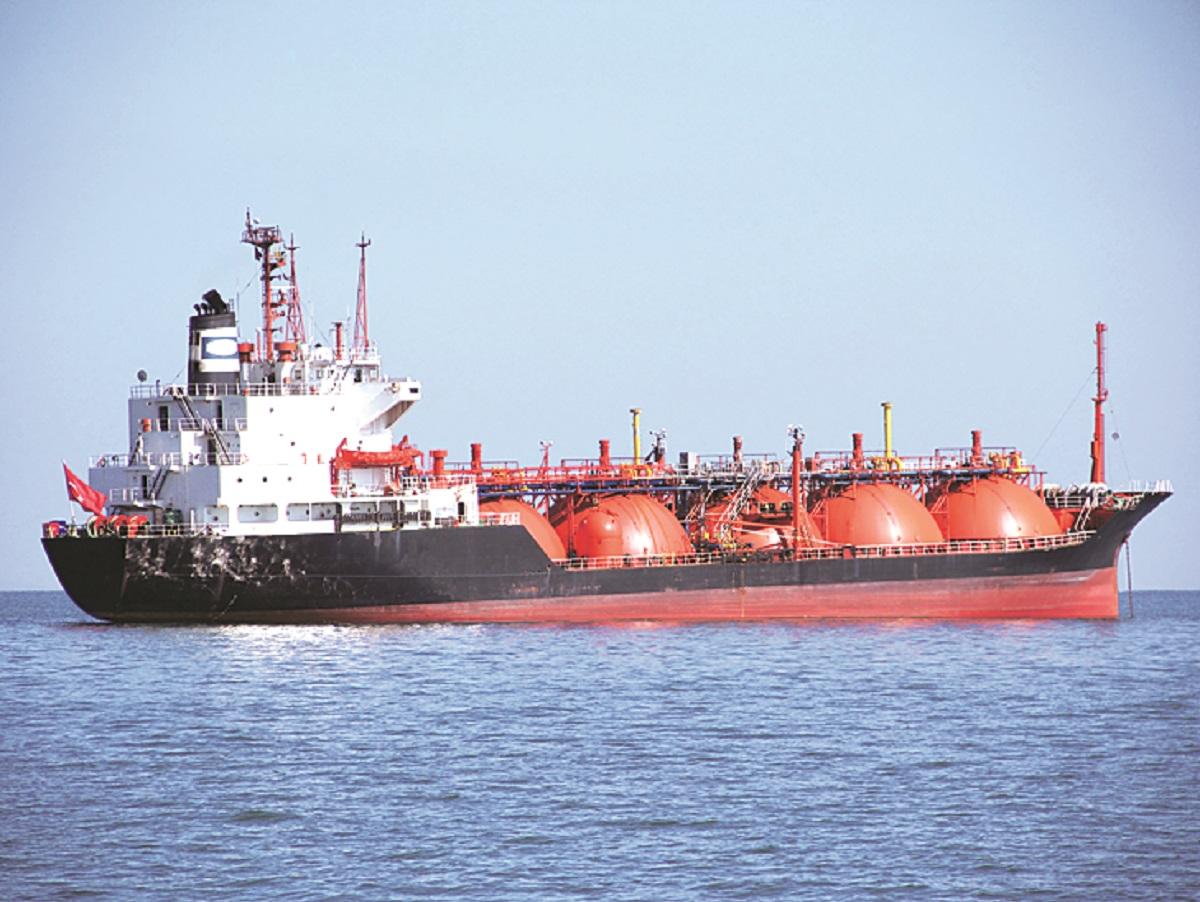
The growth of the shadow tanker fleet, estimated at almost 600 vessels, is likely to pose safety and environmental concerns, Allianz Global Corporate & Specialty SE (AGCS) said in its Safety & Shipping Review 2023.
The development of the shadow oil tanker fleet is the latest consequence to challenge shipowners, their crew and insurers more than a year after Russia invaded Ukraine.
The threat of collateral damage on civilian shipping in or around the war risk area remains high and could stem from floating mines.
In addition, oil sanctions have resulted in Russia and its allies creating a ‘shadow’ tanker fleet to transport and sell its oil.
“The shadow fleet is more likely to be made up of older ships, operating under flags of convenience with lower maintenance standards,” said Justus Heinrich, Global Product Leader Marine Hull at AGCS.
The increase in their number is a worrying development, threatening the world fleet and the environment, he said, adding that a major incident can cause loss of life and uninsured damage or pollution.
In May 2023, an uninsured, unladen 1997-built tanker, Pablo, exploded in Southeast Asia, reportedly killing the crew.
Decarbonisation initiative
Shipping contributes around 3 percent of global greenhouse gas (GHG) emissions annually.
Shipping companies and cargo operators are already switching to vessels powered by liquefied natural gas (LNG). They are trialling alternative fuels such as biofuels, methanol, ammonia and hydrogen, solar and battery-powered all-electric vessels, wind-assisted propulsion systems, more efficient propellers and bulbous bow designs.
Transitioning away from carbon-based shipping will involve a demanding period of change and a significant investment of about $1.4 trillion. A mix of fuels will likely exist for the next five to 10 years, posing challenges for shipowners, operators and ports.
From a loss perspective, the industry has yet to see any significant claims from alternative technologies or fuels, the report said.
“Collaboration is key and regular exchanges of information and data between companies and insurers from testing and experiences will be key in helping to reduce transition risks,” said Heinrich.
Source : Zawya





